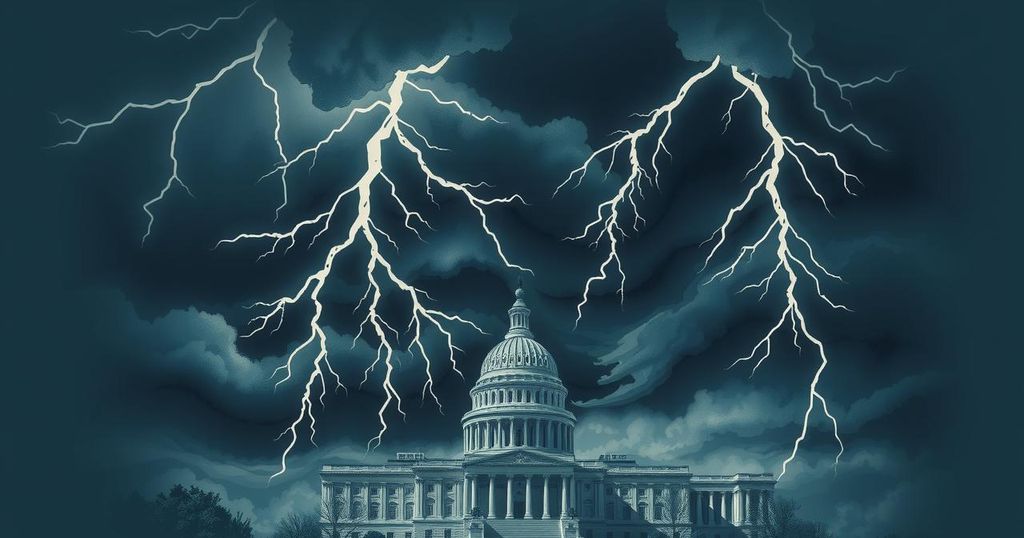Minnesota Republicans introduced a bill recognizing Trump Derangement Syndrome as a mental illness, resulting in backlash from Democrats and commentators. They criticized it as frivolous and a threat to free speech. The bill faces legislative obstacles due to the Democratic majority, highlighting divisions in political discourse.
In Minnesota, a proposed bill concerning Trump Derangement Syndrome, introduced by five Republican senators, has ignited significant controversy. The legislation aims to classify this syndrome as a mental illness, describing it as an acute paranoia response to the policies of former President Donald J. Trump. Critics, particularly Democrats, have condemned the bill as frivolous and a misuse of taxpayer dollars. Local officials and commentators have expressed concerns, comparing the proposal to policies seen in authoritarian regimes.
The bill asserts that symptoms include an exaggerated hysteria towards Trump’s actions, leading to a failure in distinguishing actual policy debates from perceived irrational behaviors. Minnesota Senate Majority Leader Erin Murphy criticized the bill as potentially the worst in state history, emphasizing the threat to free speech it represents. Political commentator Jürgen Nauditt opined that this legislative move reflects a troubling shift in American political discourse.
Despite the uproar, the bill is expected to face significant hurdles in the state legislature due to the Democrats’ majority. Introduced in the Senate, it is unlikely to be debated further, lacking the necessary bipartisan support. Senate Minority Leader Mark Johnson described the proposal as somewhat humorous but pointed out the disproportionate focus on Trump over pressing state issues, urging lawmakers to prioritize matters affecting Minnesotans.
The Republican-sponsored bill to recognize Trump Derangement Syndrome as a mental illness has sparked intense debate in Minnesota, with opponents labeling it frivolous and dangerously authoritarian. Despite the attention it has garnered, the bill is expected to stall in the legislature due to the Democratic majority. This controversy highlights broader concerns regarding the politicization of mental health and the challenges of bipartisan dialogue in contemporary governance.
Original Source: www.express.co.uk




